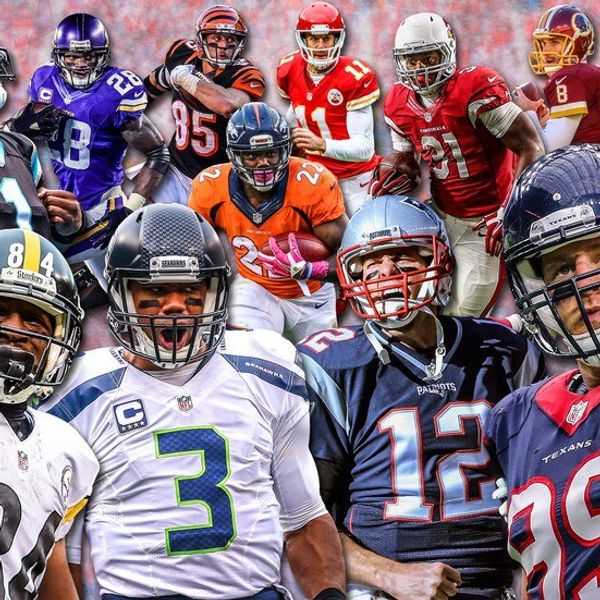While the MLB All-Star game has taken place since the 1930s, home-field advantage for the World Series wasn’t always awarded to the winning team.
To provide additional incentive for victory, Major League Baseball reached an agreement with the players union to award home-field advantage for the World Series to the champion of the league that won the All-Star Game for 2003 and 2004. The agreement was extended for both 2005 and 2006 and has since been made a permanent decision.
It’s been happening for over a decade, yet I haven’t really stopped to think about it until now: Why does the MLB give home-field advantage to the team that wins the All-Star Game?
I am not the only one who believes this rule needs to be eliminated.
Various sports writers have stated that home-field advantage in the World Series should be decided based on the regular season records of the participants, not on an exhibition game like the All-Star Game played several months earlier.
Furthermore, some writers especially questioned the integrity of this rule after last year’s All-Star Game, when St. Louis Cardinals pitcher Adam Wainwright suggested that he intentionally gave Derek Jeter some easy pitches to hit in the New York Yankees shortstop's final All-Star appearance before he retired at the end of that season.
Let’s say, for instance, that the National League wins the All-Star Game and the Atlanta Braves end up making the World Series (one of these years, right?).
The Braves could have a much worse regular season record than, say, the Kansas City Royals, but Atlanta gets home-field advantage. How does that make sense? Think about this: The Braves could have had nobody playing in that All-Star Game. So they might be getting home-field advantage that they didn’t deserve since other NL players hit all the homers and RBIs in the All-Star game.
Whether or not the incentive actually helps the team that wins in the World Series is a whole other discussion. But let me just say real quick that the San Francisco Giants won the World Series in 2014, despite the Royals having home-field advantage because the AL won the All-Star game. So some years it helps, and some years it doesn’t.
Even without the additional incentive for victory, the midsummer classic would still be entertaining. First of all, there are no other professional sports to watch on the Tuesday night of the game. This means that plenty of people would still watch it.
Next, the MLB All-Star game is the only one of the major sports all-star games that actually has defense and good pitching. In the NBA and NHL All-Star games, there is no defense. We consistently see the score of the NBA All-Star Game be 150 points or more for the East and West. In the NHL All-Star Game, the score is well into the teens, which is way more than an actual score of a hockey contest.
And let’s be real, no one cares about the NFL Pro-Bowl. Because it’s a week before the Super Bowl, those playing in the Super Bowl have to sit out of the Pro Bowl to avoid injury. So, even without home-field advantage being awarded for the World Series, people would still watch the MLB All-Star game. The players are professionals who would still take it seriously. This year’s score was 6-3. That’s a score of a regular season or playoff baseball game. It is the only All-Star game that’s not dominated by offense. (The Super Bowl is different because it’s played at a neutral site.)
Does the NBA award home-court advantage to the conference that wins the All-Star Game? No, and people still watch the NBA All-Star Game. Same for the NHL — the team that wins does not get awarded home-ice for the Stanley Cup Finals. Home-ice advantage goes, as it should, to the team with the best record.
The American League will get home-field advantage, once again, for this year’s World Series in October. But they shouldn’t.
I am not just saying this because I’m a fan of a National League team. I’m saying that the rule needs to go because it is unfair for either league and no other All-Star Game among the major sports has the same incentive.





















